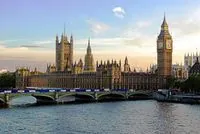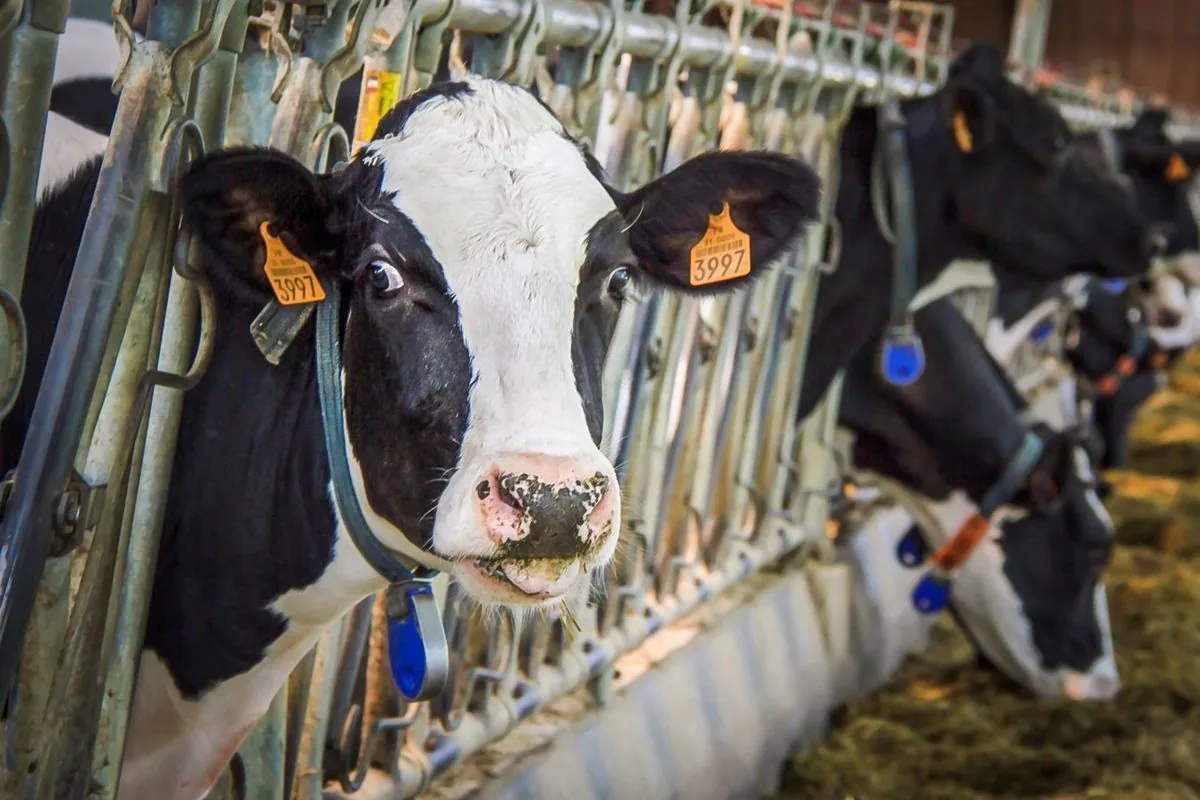UK Government's Winter Fuel Allowance Cut Sparks Controversy
The UK government's decision to withdraw the winter fuel allowance for pensioners has ignited debate. Critics argue the move could endanger lives and question its effectiveness in addressing generational inequality.

The UK government's recent decision to eliminate the winter fuel allowance for pensioners has sparked significant controversy. This policy change, set to take effect in the winter of 2024-2025, has raised concerns about its potential impact on the elderly population.
Labour government officials have provided various justifications for the withdrawal of the £300 allowance, which has been assisting pensioners with heating costs since 1997. These explanations range from market stabilization to addressing public finance deficits. However, critics argue that these justifications lack coherence and substantiation.
"The withdrawal of the winter fuel allowance is necessary to address fiscal challenges and ensure fairness across generations."
The underlying motivation for this policy shift appears to be addressing perceived generational inequality. The government seems to be operating under the assumption that retirees are no longer significant contributors to society. This perspective has led to criticism that the policy is punitive and potentially dangerous for the elderly.

Opponents of the measure argue that it may prove counterproductive. They suggest that if the policy forces more pensioners to claim pension credit to remain eligible for the allowance, it could potentially cost the government more than it saves. In the 2021-22 fiscal year, the UK government spent £2.7 billion on winter fuel payments, highlighting the significant financial implications of this decision.
The policy has also raised concerns about its potential impact on fuel poverty, which affected approximately 3.2 million households in England as of 2021. With energy prices in the UK rising significantly in recent years, the removal of this support could exacerbate financial pressures on the elderly.
Critics argue that the policy fails to acknowledge the contributions of current pensioners during their working years. Many of these individuals have paid taxes for over four decades and contributed to an economy that was growing faster than it does today. The UK's state pension, already one of the lowest among developed countries, may be further strained by this decision.
The controversy surrounding this policy change underscores the broader issue of intergenerational fairness in the UK. While public spending may have favored retirees in the past decade, this was often seen as compensation for previous periods of hardship. The current approach, however, risks oversimplifying a complex issue and potentially endangering vulnerable members of society.
As the UK grapples with an aging population – over 12 million people were aged 65 and over in 2021 – and a strained social care system for the elderly, the implications of this policy extend beyond immediate financial considerations. The potential health risks, including the serious threat of hypothermia for elderly individuals in cold weather, add urgency to the debate.
In conclusion, while the government's attempt to address generational inequality is acknowledged, the method chosen has been widely criticized as potentially harmful and ineffective. As the winter of 2024-2025 approaches, the impact of this policy on the UK's elderly population remains a subject of intense debate and concern.


































